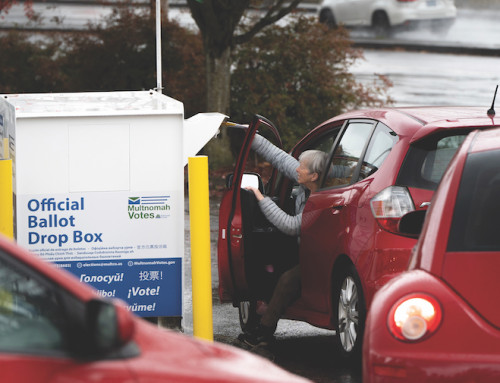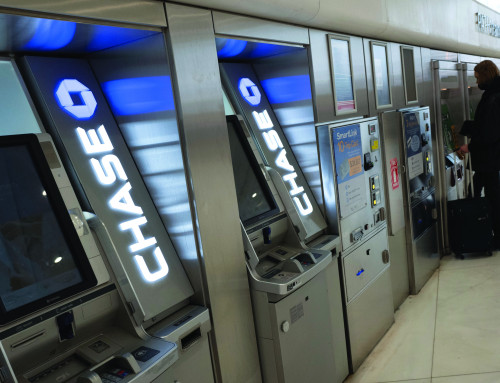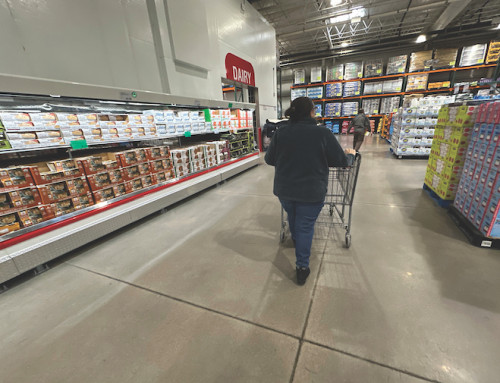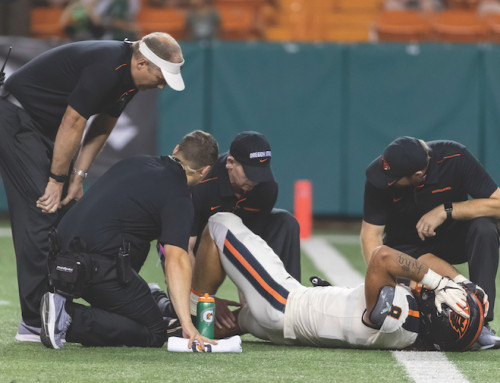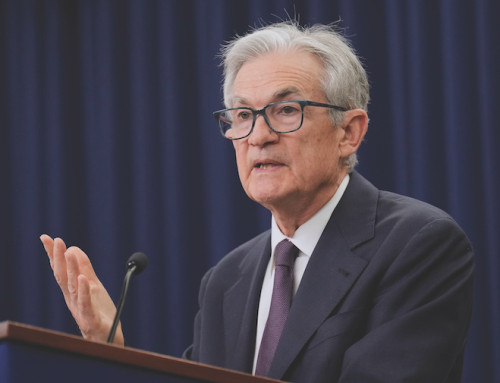The state Route 161 corridor in the Northland area once attracted a variety of popular restaurant chains, such as Red Lobster, Olive Garden and Mark Pis.
“There was always a new restaurant opening on 161 that people wanted to try,” said Alice Foeller, president of the Northland Area Business Association and CEO of SiteInSite, a web development company.
The area once benefited from the traffic generated by its close proximity to Northland Mall on Morse Road. But the emergence of the Polaris and Easton developments as the new hubs for dining and retail eventually led to Northland’s demise.
As a result, the restaurants on the 161 corridor became less profitable and eventually many folded, Foeller said.
The Morse Road corridor has benefited from a group of stakeholders who led a redevelopment of the area after the mall closed. The former mall area now has government operations and a new shopping area, called Northland Village.
But “161 wasn’t in direct path of the carnage” and didn’t receive the same focus as Morse Road, Foeller said.
“There hasn’t been the same kind of big investment,” she said.
To remedy that oversight, NABA eventually formed the 161 Task Force Group to help revitalize the area.
Among the challenges for the corridor is its size. The 161 corridor stretches much longer than Morse Road, where redevelopment focused on the area between Interstate 71 and Karl Road. But for 161, the area spans E. Dublin-Granville Road from I-71 to I-270, Foeller said.
“The obstacles are less obvious and they require a more broad approach,” Foeller said.
So far, the city has plans to do a market study of the corridor. Although skeptical at first, Foeller said has a greater appreciation for what the study will bring to the community, including empowering city leadership to offer the tools needed to help the business community and attract new ones. The study is expected to be completed before the end of this year.
Beyond the study, NABA is assembling a database of business owners and property owners along the corridor, while improving relationships with other area stakeholders such as Ashland University Columbus Center.
Mary Lutz, director the Ashland University’s Columbus campus, became the new chairwoman of the 161 Task Force Group. She replaces George Schmidt, who was chairman since January 2017.
While Schmidt took a more hands on approach, “my style is going to be a bit different,” Lutz said.
She said she plans to get more people involved and take ownership of projects. She wants collaboration to be more intentional for the good of the community. Earlier this month, the task force started monthly cleanup for the corridor and plans to do it once a month.
In addition, Lutz said she wants more community events that celebrate the rising diversity of the area. Ashland University, for instance, has helped provide meeting space to connect area entrepreneurs with resources and training.
“Our goal is to have and support sustainable businesses here from a long haul,” she said.
In addition, Foeller said there are plans to have a food incubator located on the 161 corridor. She cited the success of Saraga International Grocery on Morse Road providing space for such entrepreneurs. But plans for 161 would be more intentional. Foeller said they’re still in the stages of consideration for the incubator’s location.
The area has seen a wave of immigrants and refugees opening businesses, and Foeller said she envisions the general Northland area as a top destination for ethnic foods and shopping.
But “it’s not going to be the Olive Gardens, Unos pizzas,” she said.



